To provide the best experiences, we use technologies like cookies to store and/or access device information. Consenting to these technologies will allow us to process data such as browsing behaviour or unique IDs on this site. Not consenting or withdrawing consent, may adversely affect certain features and functions.
The technical storage or access is strictly necessary for the legitimate purpose of enabling the use of a specific service explicitly requested by the subscriber or user, or for the sole purpose of carrying out the transmission of a communication over an electronic communications network.
The technical storage or access is necessary for the legitimate purpose of storing preferences that are not requested by the subscriber or user.
The technical storage or access that is used exclusively for statistical purposes.
The technical storage or access that is used exclusively for anonymous statistical purposes. Without a subpoena, voluntary compliance on the part of your Internet Service Provider, or additional records from a third party, information stored or retrieved for this purpose alone cannot usually be used to identify you.
The technical storage or access is required to create user profiles to send advertising, or to track the user on a website or across several websites for similar marketing purposes.
 Art supposedly holds up a mirror to life. Except when it comes to our working lives, it doesn’t. Or at least it doesn’t always show a true or full reflection, both in terms of the amount of time we dedicate to work and how important it is to us. (more…)
Art supposedly holds up a mirror to life. Except when it comes to our working lives, it doesn’t. Or at least it doesn’t always show a true or full reflection, both in terms of the amount of time we dedicate to work and how important it is to us. (more…)







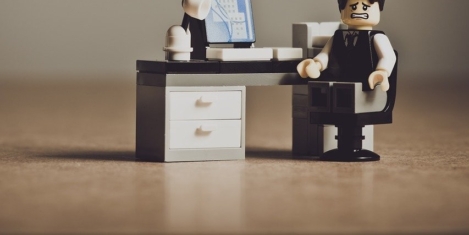
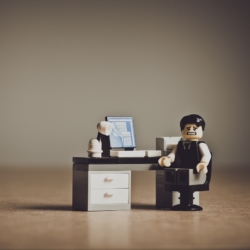
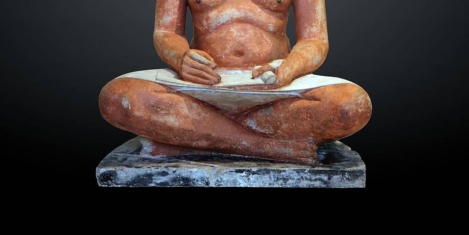

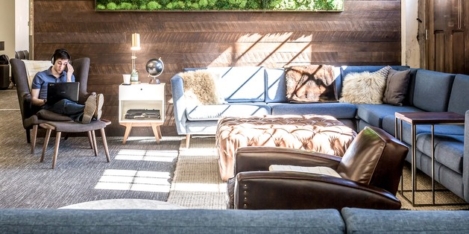
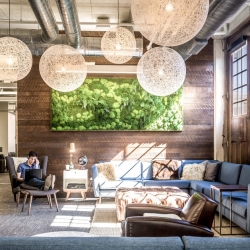
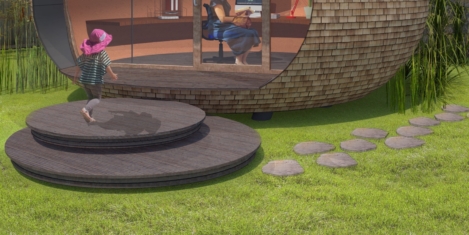
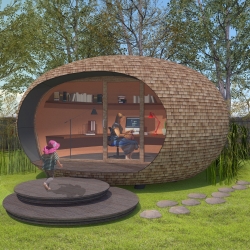
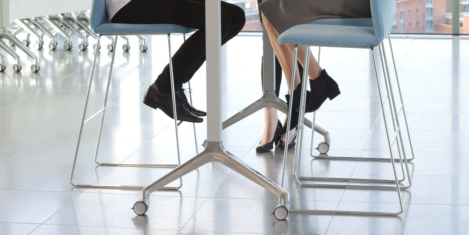
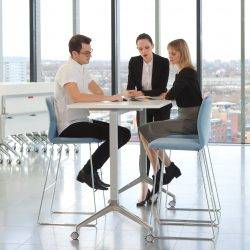
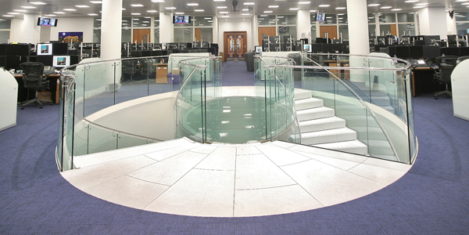
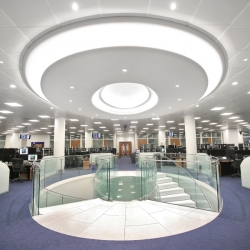
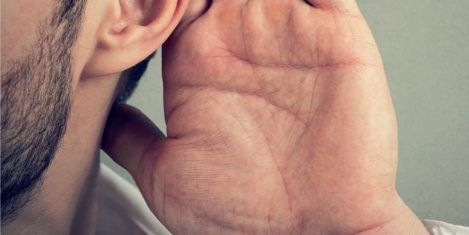
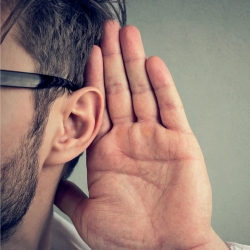
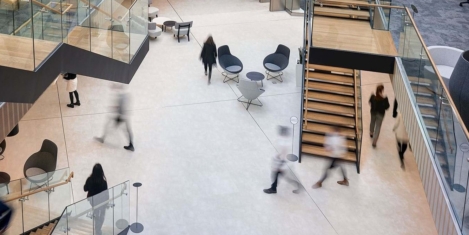
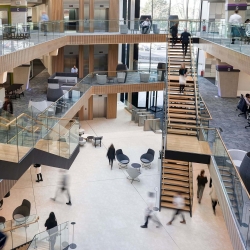











May 9, 2020
The language barrier to wellbeing in the workplace
by James Geekie • Comment, Wellbeing, Workplace design
(more…)